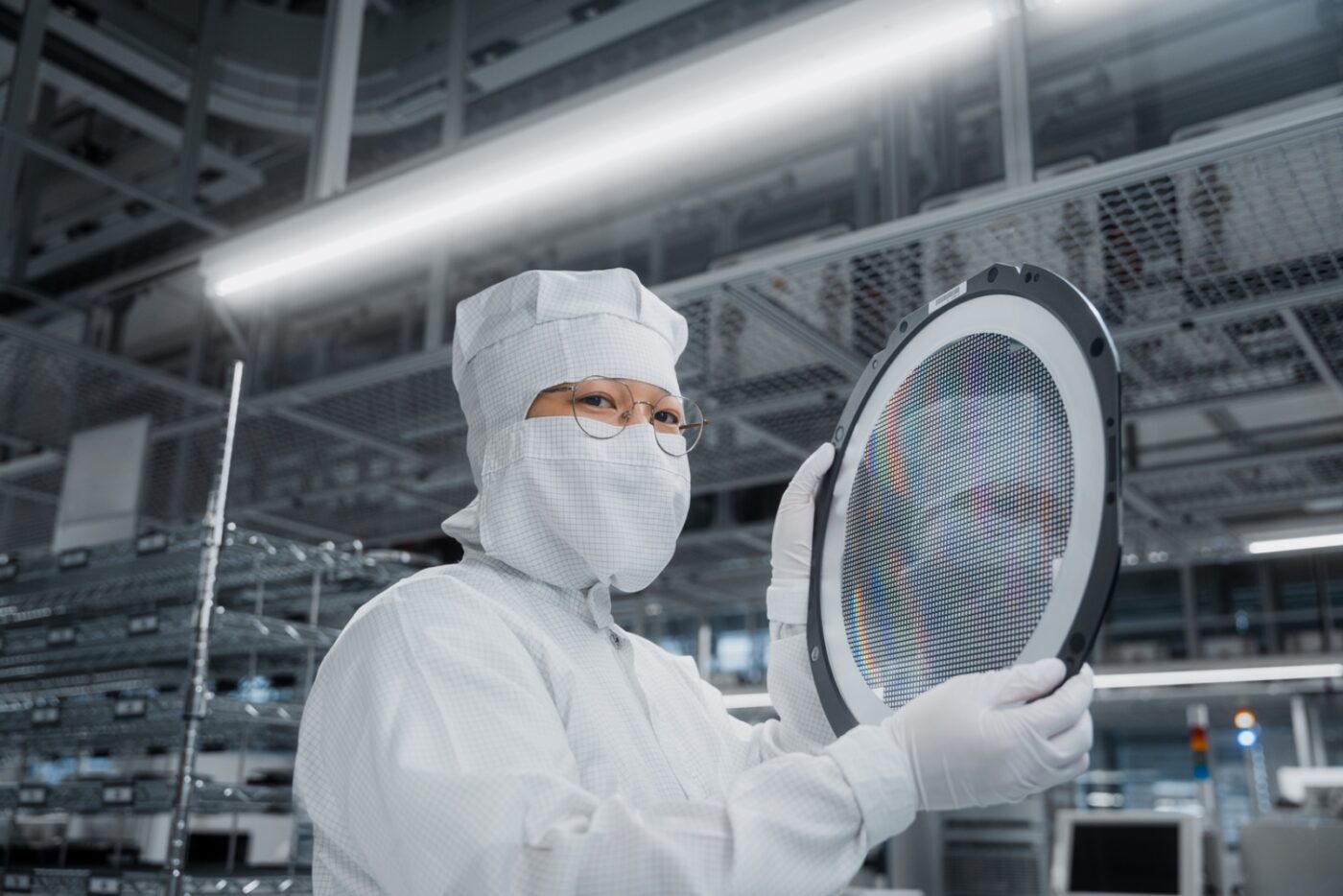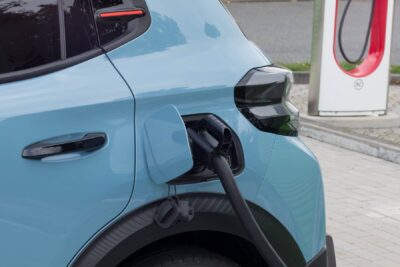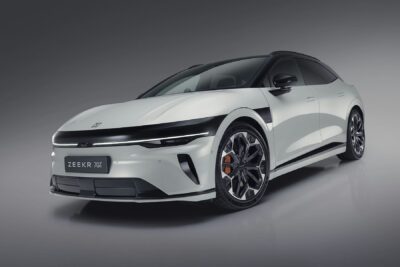German government approves funding for Infineon chip plant
With its so-called Smart Power Fab, Infineon is expanding its existing facility in Dresden by adding ‘Factory Module 4’, creating up to 1,000 new jobs in the process. The site will focus on producing 300-millimetre wafers using a flexible manufacturing line – the first of its kind worldwide capable of processing different technologies on the same equipment without the need for time-consuming retooling.
The German group’s mega-investment is being generously backed by both Berlin and Brussels: the Smart Power Fab will receive €920 million from the federal government, plus additional support under the European Chips Act and the IPCEI ME/CT (‘Important Project of Common European Interest on Microelectronics and Communication Technologies’). Altogether, public funding for the Dresden site is expected to total around €1 billion.
The European Commission had already approved the German government’s subsidy contribution back in February. According to Infineon, the company itself is investing €5 billion in the large-scale project. In return for the now-confirmed public funding, Infineon is required to invest in R&D for next-generation chips in Europe and contribute to crisis preparedness – meaning the company must prioritise critical orders in the event of supply disruptions, as stipulated in the European Chips Act. The Act is the EU’s recently launched initiative to strengthen semiconductor production in Europe.
Construction of the Smart Power Fab – currently one of Germany’s largest building sites – is reportedly proceeding on schedule. The shell of the plant is now almost complete, and Infineon held its topping-out ceremony in early April. Ground was officially broken in May 2023 after the German government approved an early project start. Production is expected to commence in 2026. Meanwhile, Infineon has been operating at the existing Dresden facility since 1994.
“The final funding approval for our Smart Power Fab is an important milestone for us as a company and is a clear signal to the European semiconductor ecosystem,” said Infineon CEO Jochen Hanebeck. “We are grateful to the German federal government, the Free State of Saxony and to the European Union for their support. The semiconductors we manufacture in Dresden are our contribution to making the future value chains of key European industries even more robust.”
Notably, the expansion of Infineon’s own factory in northern Dresden is separate from the ESMC chip joint venture, which is also building a semiconductor plant in Dresden – located west of the airport. ESMC is 70 per cent owned by Taiwan Semiconductor Manufacturing Company (TSMC), with partners Bosch, NXP and Infineon each holding ten per cent. That facility received state aid approval from Brussels in summer 2024, and the federal government confirmed national funding in December.





0 Comments